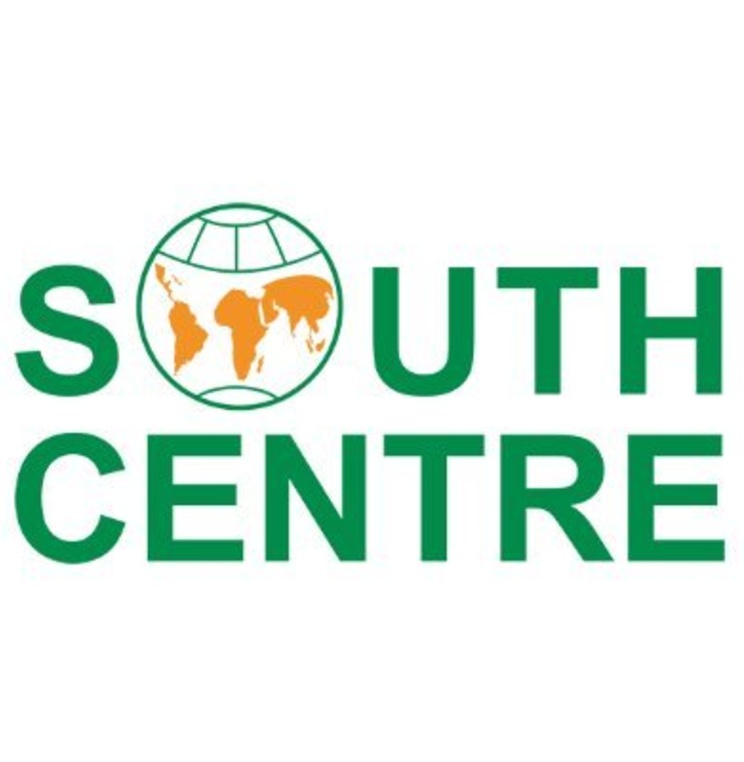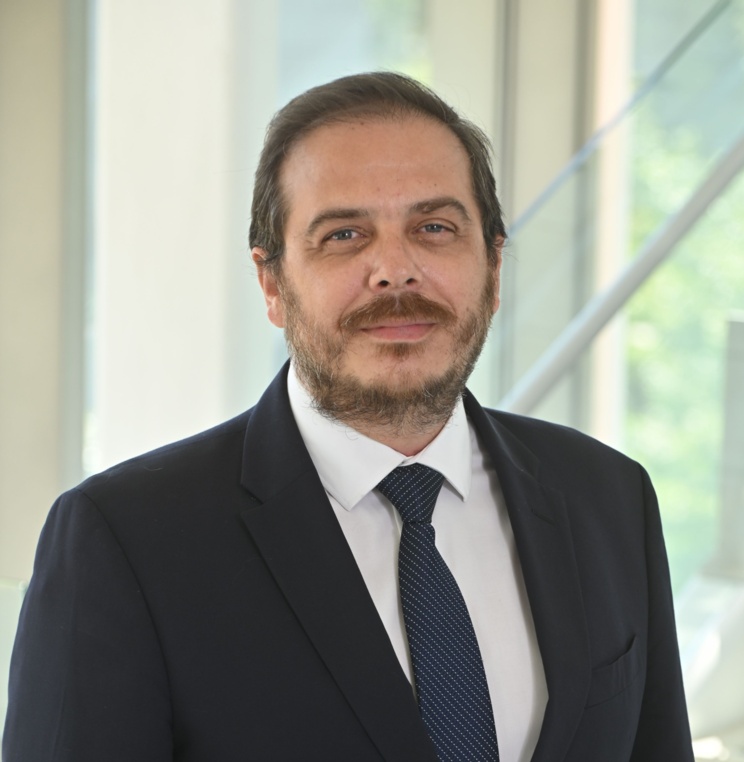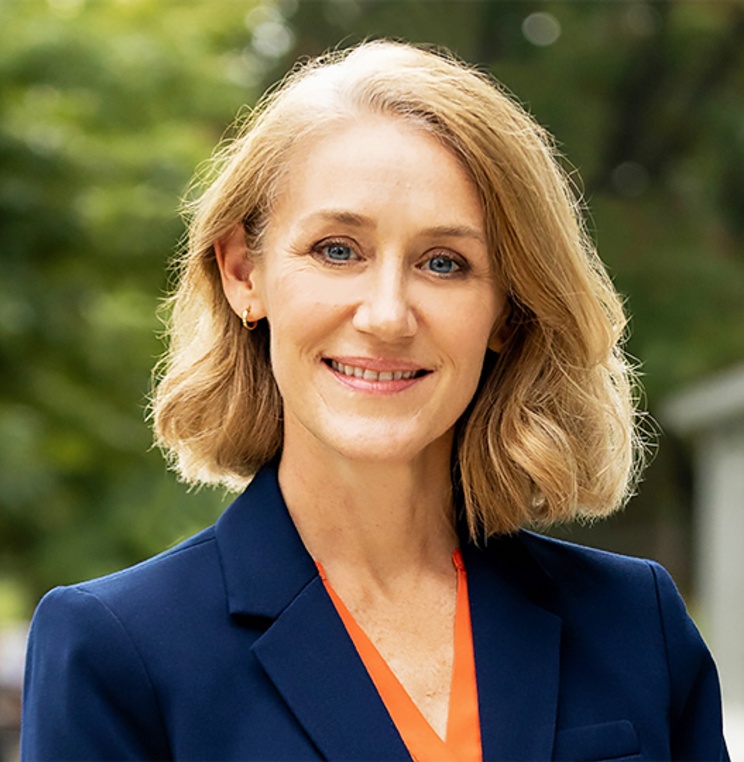Public Interest Copyright Advocacy and Fair Use Education: 1995-2015
September 17 | 1:00 – 5:30 pm, Reception to Follow
Room 603 | American University Washington College of Law
This event celebrates significant anniversaries of two initiatives that were launched at AUWCL – the 20th anniversary of the founding of the Digital Future Coalition, the first broad-based civil society coalition that formed to address copyright policy issues; and the 10th anniversary of the best practices in fair use, through which a series of creative communities have transformed their approach to this vital copyright doctrine.
AGENDA
| 1:00pm | Introduction – Prof. Peter Jaszi – American University Washington College of Law |
| 1:30pm | The Digital Future Coalition Jonathan Band – policybandwidth Prue Adler – Association of Research Libraries Ed Black – Computer and Communications Industry Association Prof. Brandon Butler – American University Washington College of Law Seth D. Greenstein – Constantine Cannon |
| 3:00pm | Best Practices in Fair Use Prof. Patricia Aufderheide – American University School of Communications Prof. Michael Madison – University of Pittsburgh School of Law Kyra Darnton – RetroReport Heather Briston – University of California Los Angeles Library Rachelle Browne – Smithsonian Institution |
| 4:30pm | Directions Forward Prof. Rebecca Tushnet – Georgetown University Law Center Sherwin Siy – Public Knowledge Joshua Lamel – Re:Create |
| 5:30pm | Reception |
The formation of the Digital Future Coalition in 1995 was a response to versions of the Report of the Working Group In Intellectual Property Rights that the administration circulated in 1994 and 1995, calling for major revisions in copyright law. The resulting legislation, which became the Digital Millennium Copyright Act of 1998 was the first focus of the organization’s activities, which included instrumental efforts to mitigate the draconian character of the new statute. Organizations involved were libraries, learned societies, education organizations, tech innovators and their trade associations, privacy advocates, and other public interest organizations. The DFC also participated actively, and influentially, in the discussion that led to the WIPO Copyright Treaty in 1996.
The efforts of the Digital Future Coalition, among others, had real and positive effects of the final DMCA legislation, one of which was the inclusion of the triennial anti-circumvention rule-making process in Sec. 1201(a). This development, along with a spate of important new federal court decisions, helped to focus new attention on the important role played by the fair use doctrine in balancing interests in and around copyright.
Some of those who had been active in the DFC turned their attention to this new topic. As a result, in November 2005, the first in a series of fair use Best Practices documents was released. The Filmmakers Statement of Best Practice distills both the actual experience of documentarians, along with their views of when and how reliance on fair use would be appropriate if they were free to follow their own informed understanding of the doctrine. It became the first in an ongoing series of such statements, drafted through a process including extended consensus-building discussions among members of the practice community. With help from the team at American University, ten other communities have developed statements or codes of best practices in fair use for themselves since 2005, and all have benefited from establishing a community understanding of how to employ their fair use rights, with little or no resulting controversy. Thus, for example, teachers employ fair use to create multimedia lessons for their students, while journalists rely on it to support their use of excerpts and quotes in their news reports. Filmmakers use, reinterpret, and critique copyrighted materials in their films. Academic and research librarians rely on fair use to support a wide variety of teaching, preservation, and general public access uses. These Statements continue to support the mission of the communities they serve and to illustrate the wide range of important missions and purposes that fair use enables.
These two initiatives represent very different models of engagement in the process of developing balanced copyright laws that provide for significant levels of access to information. In our final panel, we will look forward to the future of the public interest advocacy in copyright – to both the research agenda that will shape the debate and to the vehicles for public engagement that are currently in use, and may emerge in years to come.


